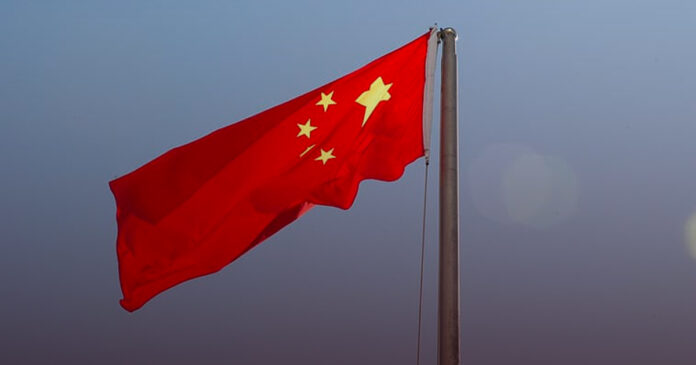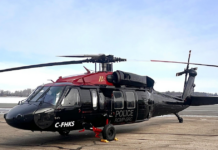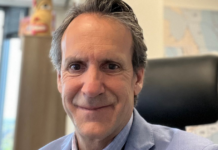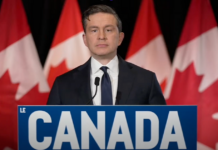Canadian security officials have raised alarms about three former Royal Canadian Air Force pilots who are helping to train pilots in China’s People’s Liberation Army.
After security officials reached out to the pilots, who are currently working for a South African flight academy fulfilling a contract in China, they referred the matter to the RCMP who have confirmed they are conducting an investigation.
According to a report in the Globe and Mail, spokesperson for Test Flying Academy of South Africa (TFASA) Edward Lee confirmed that Paul Umrysh, Craig Sharp, and David Monk – all of whom were pilots in Canada’s air force – are under contract with TFASA to train pilots in China.
TFASA has faced international scrutiny for its involvement with China, as the United States placed the company on a sanctions list for “activities contrary to the national security interests of the United States.”
On Oct. 18 2022, the British Ministry of Defence issued a warning to former UK military pilots to not work with the People’s Republic of China in response to reports that 30 retired British Royal Air Force pilots were lured with lucrative contracts to work in China through the TFASA.
Lee confirmed that Canadian security officials identifying themselves with Public Safety Canada reached out to “a number of TFASA employees” on Aug. 24, calling on them to stop working for the Chinese.
“The RCMP is aware of the report of former RCAF pilots taking part in training People’s Liberation Army Air Force pilots,” said RCMP spokesperson Robin Percival in a statement to the Globe and Mail.
“As the RCMP is investigating these incidents, there will be no further comment on this matter at this time.”
Lee defended his company’s practices and the involvement of the three former RCAF pilots, explaining that TFASA training does not provide any classified information or sensitive information in their training sessions.
“Training always involves unclassified procedures, and materials are derived either from open source or from the clients themselves,” said Lee.
“TFASA has strict protocols and a code of conduct in place that are designed to prevent any TFASA employee sharing any information or training that is, or might be considered to be, legally or operationally sensitive, or security classified.”
Former CSIS director Richard Fadden told the Globe that the prospect of RCAF pilots training Chinese pilots is very worrisome, but would be difficult to stop.
“Just the fact that they are training is worrisome,” said Fadden.
“But they are also taking with them all of their experience and knowledge of Western tactics and Western ways of thinking and, even inadvertently, if they pass this onto the Chinese, this is not helpful.”





















